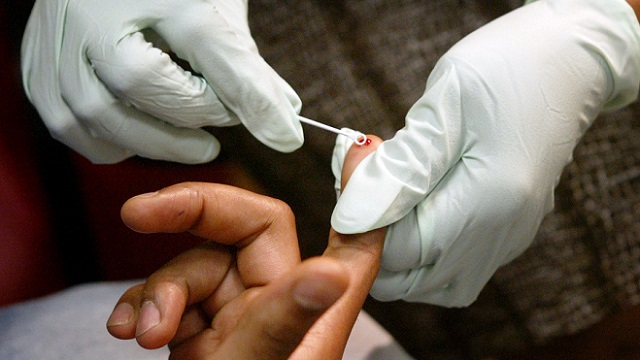
Kampala, Uganda | THE INDEPENDENT | Medics have identified the absence of a proper tracking mechanism for people who have tested positive to HIV and those on Anti-Retroviral Therapy (ART) as major bottlenecks in the effective management of HIV in Uganda.
They are equally concerned that various HIV/AIDs service providers are operating in isolation, which sometimes results into duplication of services on clients. Often, HIV/AIDs patients visit more than one Health Center for the same service, a move which cannot be stopped in the absence of a tracking mechanism.
But Dr Nelson Musoba, the Director General of Uganda AIDS Commission says they are developing a tracking mechanism that will help address the lapse, by having the people’s National Identification details interlinked to the HIV central referral system for proper follow-ups.
Dr Musoba explains that the considered mechanism will also create a unique identifier where patients are given special cards and unique codes upon which they can effectively be traced by all healthcare service providers.
According to him, the process will also help build the most reliable data bank of HIV patients and ensure that the available ARV drugs are not misused, to eliminate shortages.
Mubende Municipality Mayor Engineer Innocent Ssekiziyivu, the general secretary of Alliance of Mayors and Municipal Leaders on HIV/AIDs in Africa-(AMICAAL) Uganda chapter, proposes that the mechanism be supported with compulsory testing for all adults, for purposes of getting clear statistics on the prevalence rates and required interventions.
Ssekiziyivu has also asked the government to consider a formula of profiling couples and be able to track those with extramarital relationships.
In 2017, President Museveni launched a new campaign codenamed; the Presidential Fast Track Initiative on ending HIV and AIDS in Uganda by 2030.
The campaign is domiciled on five key areas that include engaging men in HIV prevention and close the gap on new infections particularly among adolescent girls and young women, accelerate implementation of test and treat and attainment of 90-90-90 targets particularly among young men and young people.
 The Independent Uganda: You get the Truth we Pay the Price
The Independent Uganda: You get the Truth we Pay the Price


